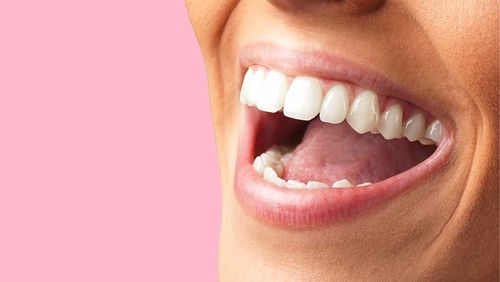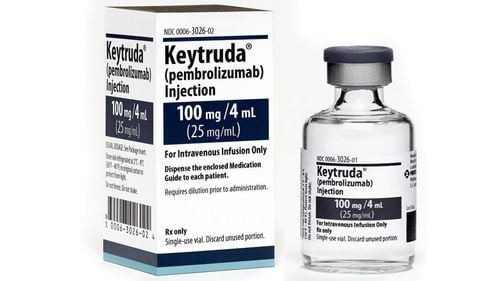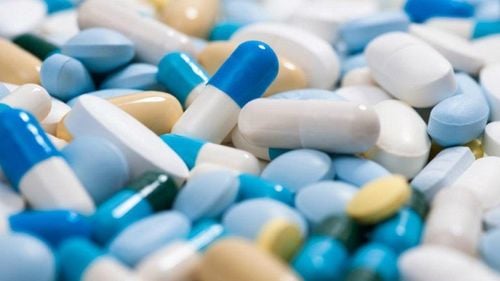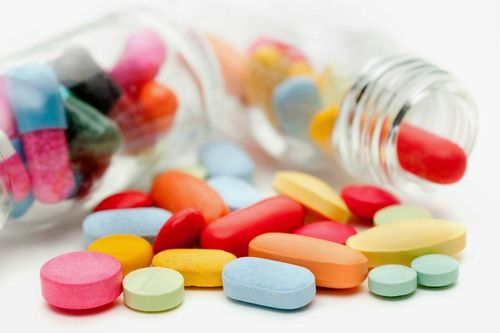This is an automatically translated article.
Dental care during cancer treatment is an effective aid in preventing side effects of drugs and radiation during treatment. Proper oral care can protect your teeth from diseases such as root infections, mouth ulcers, and dry mouth.1. Why is dental care needed in cancer treatment?
Cancer treatment is a long process, the use of radiation and many different drugs in the body for a long time during radiotherapy and chemotherapy can cause many side effects including: oral side effects.If there are no proactive measures to protect your teeth, in combination with cancer treatment, some side effects can include dry mouth, thick saliva, mouth pain, mouth ulcers, difficulty swallowing, difficulty chewing, difficulty opening the mouth, infection, inflammation or pain in the lining of the mouth and tongue.
Therefore, dental care plays an important role in preventing the effects of cancer. With effective care, the side effects of drugs and radiation therapy can be prevented. Without good care, many side effects go away a short time after treatment ends, but some can last a long time, even permanently.
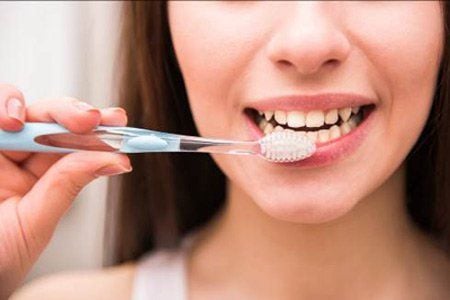
Tại sao cần chăm sóc răng miệng trong điều trị ung thư?
2. Proper dental care in cancer treatment
2.1 Oral self-examination The patient is recommended to examine the oral cavity at least once a day and notify the treating physician if there are any changes in the oral cavity. With just a mirror and a lamp, the patient can self-examine by standing in front of the mirror, using the lamp to shine into the oral cavity, then look for abnormal signs (ulcer spots, pus-filled sores, pain points and surrounding areas). haemorrhage or pseudomembranous).2.2 Always keep the oral cavity clean and moist Clean teeth even if the mouth is painful with relief measures such as rinsing with salt water with a thinner concentration, using a soft brush or soft gauze to clean the teeth if too painful.
2.3 Clean the gums, tongue and palate Depending on the patient's health and oral condition, there is an appropriate application. For patients with low platelet levels, do not floss because it is easy to cause pain and bleeding. The number of times to gargle with physiological saline depends on the dental lesions, normally gargle every 2 hours within 1-2 minutes, if there is pain, gargle once every hour and rinse with clean water. Patients should also keep their lips moist with a lip balm. Keep your mouth moist by drinking water regularly throughout the day.
2.4 Avoid foods and drinks that cause irritation to the mucosa and do not smoke To protect the teeth, the patient absolutely does not eat spicy, sour, hot, hard, acidic foods and drinks and do not use it. alcoholic beverages such as wine and beer.
When vomiting, rinse mouth immediately with a glass of warm water or gargle with salt water.
2.5 Treatment for pain, bleeding and infection of the oral cavity Contact a doctor if the oral cavity becomes infected, bleeding, and the pain is excessive. In addition to the prescription given by the doctor, the patient can use additional methods such as using cotton swabs dipped in cold water or cold tea to press on the bleeding points (tannin in tea can help stop bleeding), rinsing. Cold water in the mouth also helps to reduce bleeding.
2.6 Nutritious diet

Một chế độ ăn giàu đạm như thịt, trứng, sữa,...có thể hoàn lại dinh dưỡng nhanh chóng cho bệnh nhân ung thư
SEE ALSO:
Treatment of esophageal cancer Swallowing - Signs of an esophageal cancer tumor has developed Which cancer can use autologous immune system therapy in treatment?





